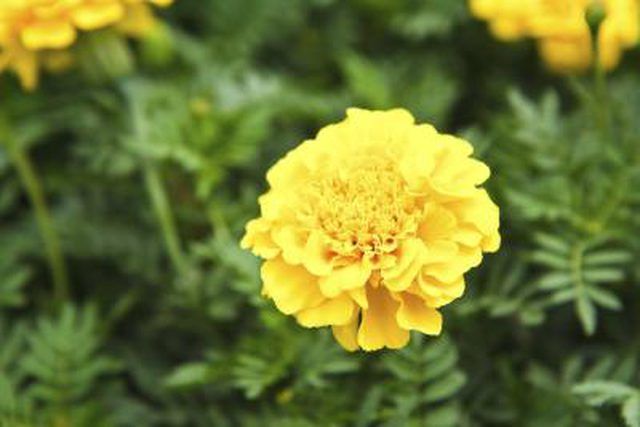Bulbs
Flower Basics
Flower Beds & Specialty Gardens
Flower Garden
Garden Furniture
Garden Gnomes
Garden Seeds
Garden Sheds
Garden Statues
Garden Tools & Supplies
Gardening Basics
Green & Organic
Groundcovers & Vines
Growing Annuals
Growing Basil
Growing Beans
Growing Berries
Growing Blueberries
Growing Cactus
Growing Corn
Growing Cotton
Growing Edibles
Growing Flowers
Growing Garlic
Growing Grapes
Growing Grass
Growing Herbs
Growing Jasmine
Growing Mint
Growing Mushrooms
Orchids
Growing Peanuts
Growing Perennials
Growing Plants
Growing Rosemary
Growing Roses
Growing Strawberries
Growing Sunflowers
Growing Thyme
Growing Tomatoes
Growing Tulips
Growing Vegetables
Herb Basics
Herb Garden
Indoor Growing
Landscaping Basics
Landscaping Patios
Landscaping Plants
Landscaping Shrubs
Landscaping Trees
Landscaping Walks & Pathways
Lawn Basics
Lawn Maintenance
Lawn Mowers
Lawn Ornaments
Lawn Planting
Lawn Tools
Outdoor Growing
Overall Landscape Planning
Pests, Weeds & Problems
Plant Basics
Rock Garden
Rose Garden
Shrubs
Soil
Specialty Gardens
Trees
Vegetable Garden
Yard Maintenance
Types of Self-Pollinating Fruit Trees
Types of Self-Pollinating Fruit Trees. There's nothing like planting a fruit tree in the backyard, tending it carefully, and waiting patiently for that first crop of fresh fruit to emerge. But unless you've picked the right kind of tree --- or have room in your garden for more than one --- that long wait might end in disappointment.
There's nothing like planting a fruit tree in the backyard, tending it carefully, and waiting patiently for that first crop of fresh fruit to emerge. But unless you've picked the right kind of tree --- or have room in your garden for more than one --- that long wait might end in disappointment.
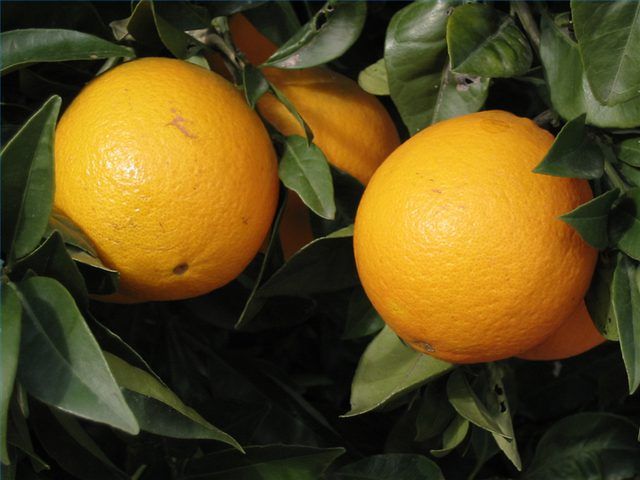
A self-pollinating fruit tree, often referred to as self-fruitful, is a tree that doesn't need another variety of fruit tree planted nearby in order to pollinate and bear fruit. These varieties are advantageous for gardeners with small yards, because they allow you to plant only one tree and still have success.
In contrast, cross-pollinating fruit trees must be planted close to at least one other variety of fruit tree in order to bear fruit.
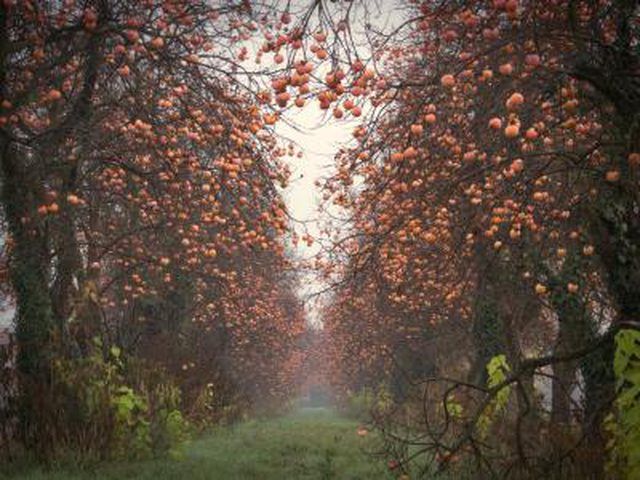
Though there are exceptions, almost all citrus trees are self-pollinating. Likewise, most quince, pomegranate, persimmon and sour cherry trees are also self-fruitful.
Apricots are generally self-pollinating, although the Perfection and Riland varieties are two exceptions, according to the Washington State University Cooperative Extension. Figs are also self-pollinating, except for the Smyrna variety, as are peaches, which also have a few exceptions.
Some varieties of plum, including Stanley, Green Gage and Italian Prune, are self-pollinating.
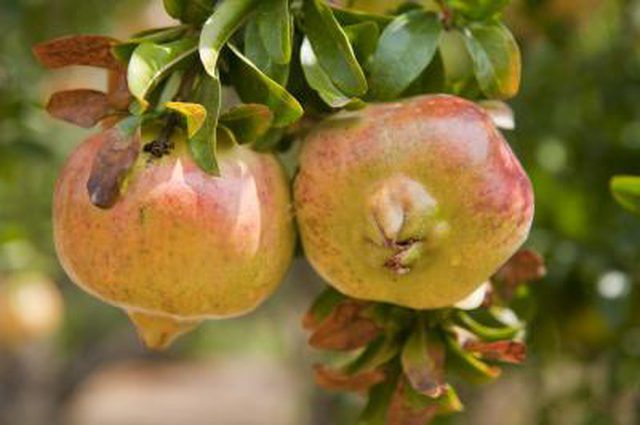
Most apple, pear, sweet cherry and other varieties of plum than those listed above require cross-pollination, though there are exceptions. Golden Delicious apples, for example, are self-fruitful, but other apple varieties, such as Jonagold or Winesap, must be planted near other varieties so the trees can act as pollinators for one another.
If you want to plant a self-pollinating tree, check with your garden center to be sure the tree you are purchasing will produce fruit on its own.
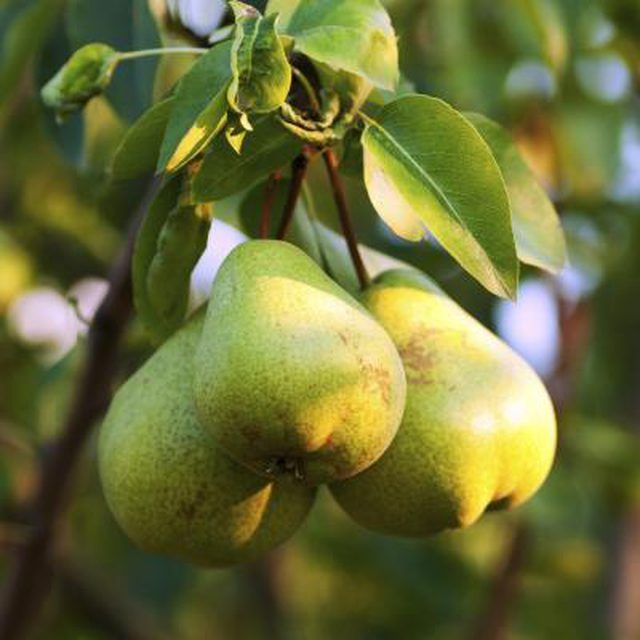
Natural conditions can play a key role in affecting pollination. Cold weather can reduce insect activity and, as a result, decrease pollination. A freeze can also kill off blossoms, resulting in a lower fruit yield.
Applying insecticide in your garden can also have a harmful impact on the insect and bee populations that pollinate your fruit trees. When possible, avoid using insecticides.
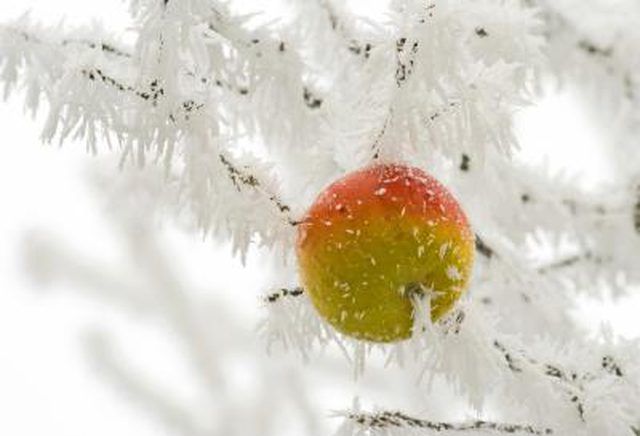
Even for self-pollinating fruit tree varieties, planting more trees can increase yield. If you have space, consider planting more than one variety.
If you're discouraged by poor pollination, encourage bees to visit your garden by planting flowers known to attract bees, such as marigolds, poppies or cosmos, near your fruit tree.
You can also try pollinating the blossoms of the fruit tree by hand. Ask your garden center or local agricultural extension office to show you how to do this properly.
